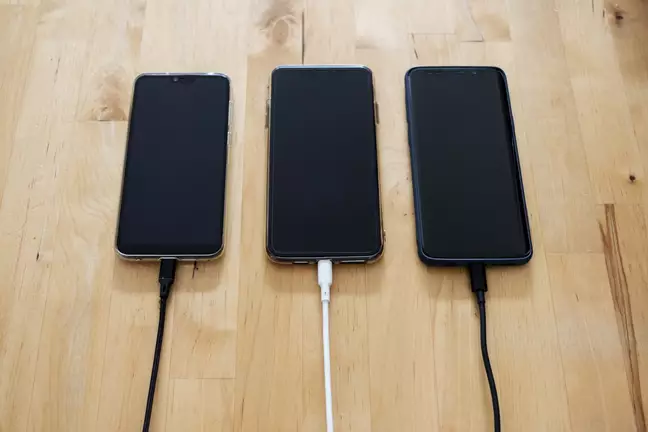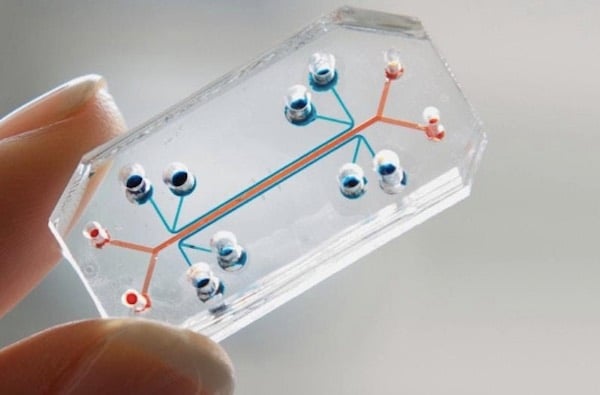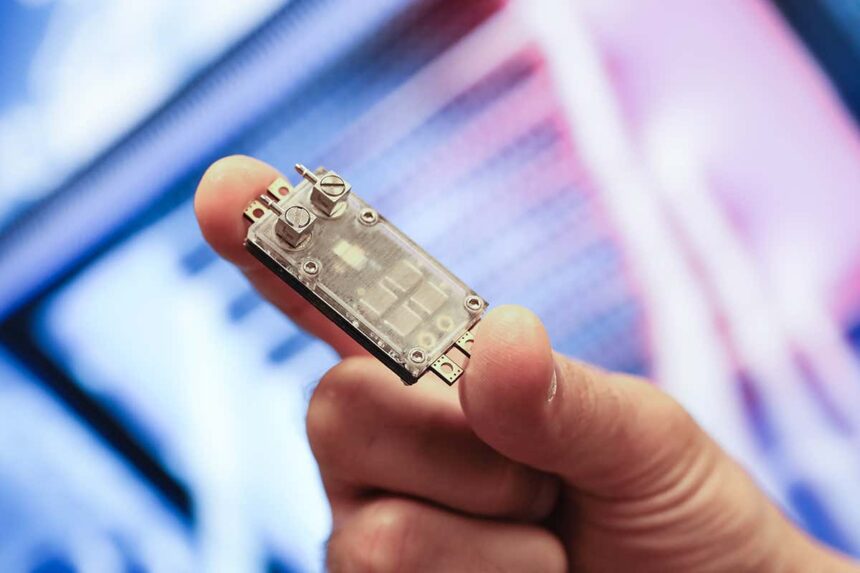Are you constantly worried about your smartphone running out of battery? In the not-so-distant future, you might only need to charge your device 12 times a year, thanks to a groundbreaking microchip in development at Cambridge University.

Researchers at Cambridge University are diligently working on a microchip that promises to significantly extend the battery life of smartphones and other devices. The breakthrough technology is so efficient that it could potentially power devices for an entire month with just a single charge. This ambitious endeavour has attracted the attention of Vaire, the commercial arm of the research team, which is one of a dozen semiconductor startups backed by the UK government. Semiconductors play a vital role in various aspects of our lives, from powering electric cars to advancing medical treatments.
Tech minister Paul Scully recognizes the significance of semiconductors, describing them as the “bedrock” of the modern world. To foster innovation in this field, the government has announced a £1.3 million two-year program to mentor select startups aiming to revolutionize the lives of British people. Among these startups is MintNeuro, a company that has developed a miniature brain implant, roughly the size of a peppercorn, to assist patients dealing with conditions like Parkinson’s and epilepsy.

Vaire’s microchip, aimed at enhancing smartphone battery life, is the brainchild of a team of mathematics researchers at Cambridge University. The concept revolves around designing a silicon chip processor that consumes an almost negligible amount of energy to operate. This innovation reduces the reliance on a more powerful battery.
While there is limited public information about this microchip at the moment, Sean Redmond, the CEO of SiliconCatalyst. The UK, which is overseeing the project, expressed optimism about its potential. He stated, “If they can really deliver on that outrageous claim, it means that you will have a mobile phone that will last a month, not a day. Nobody in the world today has been able to realize that in a semiconductor chip – if anybody can do it, this team out of Cambridge in the UK will be able to.”

In addition to Cambridge’s work, another pioneering microchip is under development. MintNeuro, led by researchers at Imperial College London, has created a microchip that is over 100 times smaller than current state-of-the-art devices. This diminutive chip has the potential to revolutionize treatments for various medical conditions, such as Parkinson’s disease and epilepsy. Unlike traditional medical implants, this technology does away with long wires under the skin and bulky metal casings, making it far more discreet and comfortable for patients.
In summary, the world of microchip technology is poised for remarkable advancements, both in extending smartphone battery life and improving medical devices. These innovations hold the promise of transforming our daily lives and ushering in a new era of efficiency and convenience.








